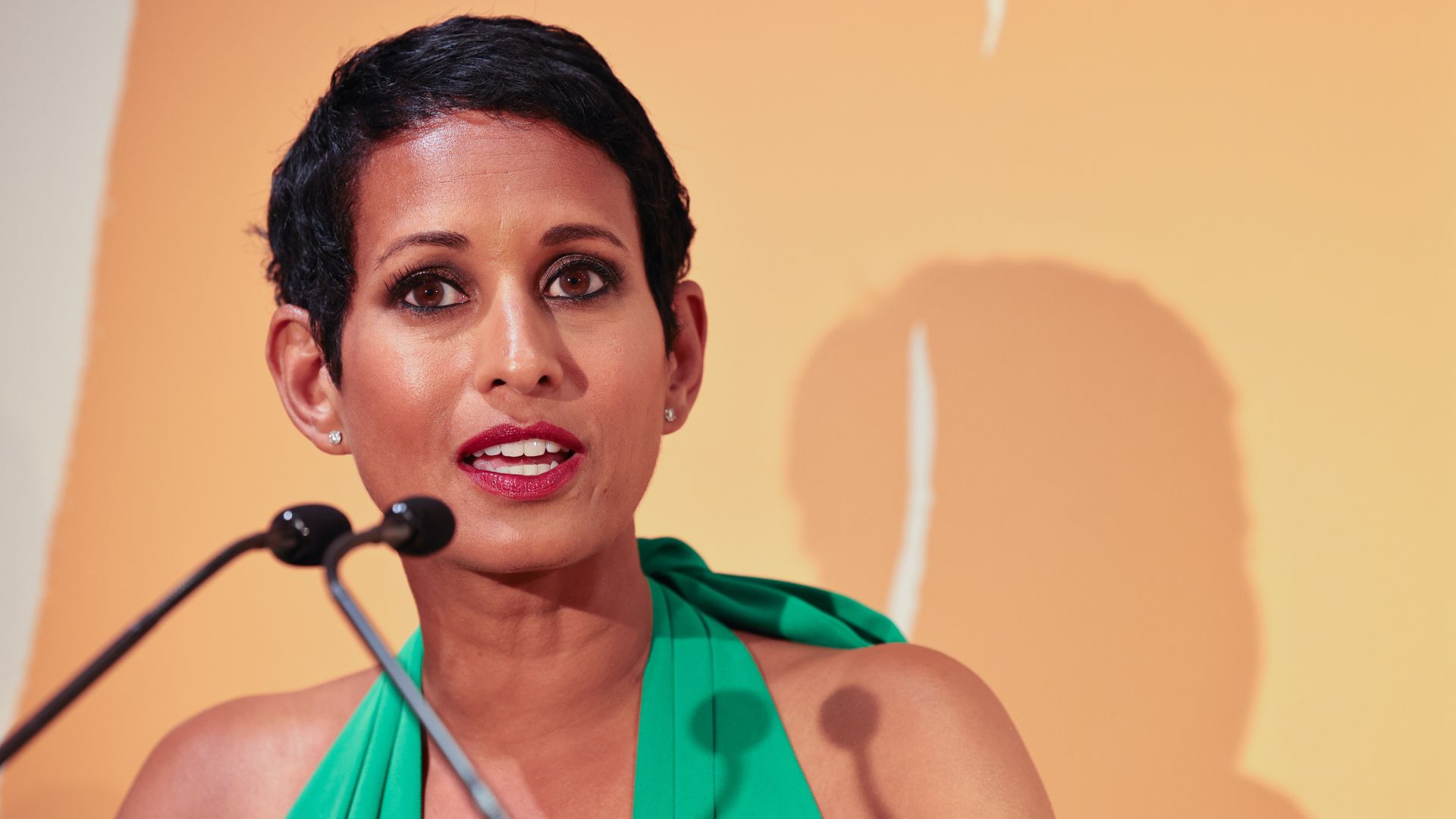
Naga Munchetty was diagnosed with adenomyosis when she was 47 years old, despite dealing with symptoms since she was a teenager. She had spent years going to the doctors, only to be told that her heavy periods and debilitating pain were entirely normal - or to be tolerated as part of being a woman.
Speaking to host Anita Rani, the BBC presenter said: "Women are being dismissed, they are being left undiagnosed, they're left to doubt themselves, and they're not able to live their best lives."
In a report by The Department of Health and Social Care, 84% of women said they sometimes felt healthcare professionals were not listening to them when discussing issues including pain, treatment options, and mental health concerns.
Munchetty said there was one sentence in particular that worked for her in the GP's office: "This is negatively impacting the quality of my life."
It's a sentence that can't be ignored, she said, urging women to tell doctors the true extent of their issues. For example, "I have had to have time off work", "I am losing my job", "I have been unable to care for my children".
Be specific, she says. "Everyone knows how to book a GP appointment, but this is more about what you say. You make a list, you write down your concerns, you prepare. If it's a menstruation issue, you keep a diary.
"When it comes to pain relief, you have to say, 'I am concerned about this pain', 'I have had this experience'."
It's not about doctors not wanting to help, she adds. "It's just got to be a better partnership so you are listened to."
Four years ago, Munchetty shared her experience of having a Mirena coil fitted and first spoke publicly of her heavy periods and other adenomyosis symptoms, including pain and nausea. She's since used her platform to raise awareness of the condition and started researching other women's medical care experiences in the UK.
She told listeners during the interview: "My periods involved flooding, which meant I had to set alarms during the night to change my period products. I slept on a towel. I was in so much pain I would sometimes sleep on the floor so it would be painful that way, so I wouldn't have to think about the other pain," she said.
"I would pass out, I would vomit, and I would have diarrhoea, and I would still be going to work. I would wear two pairs of knickers, and I would always pack a pair of tights. I would never wear white on my bottom half. And you know, I am not uncommon."
But just because it's not uncommon doesn't mean it's normal, she says. "But no one ever asked me or investigated why [my periods] were so heavy.
"[There's] not enough money put into research into women's reproductive issues, and if you compare that to some of the male issues - erectile dysfunction, for example - you see a stark difference."
Adenomyosis is when the uterus starts growing into the muscle in the wall of the womb. It's more commonly diagnosed in women over 30 and affects those with a period. Symptoms include heavy, painful periods, pelvic pain, pain during sex, and bloating, the NHS says.
Munchetty's experiences with the condition led her to write It’s Probably Nothing: Critical Conversations on the Women’s Health Crisis (and How to Thrive Despite it), which is now available to buy.
In the book, Munchetty delves into the problems women face in the UK's healthcare system, discusses her own experiences, and gives others the space to share theirs.
The book also offers insights from doctors and experts on what options we're entitled to in healthcare environments.







